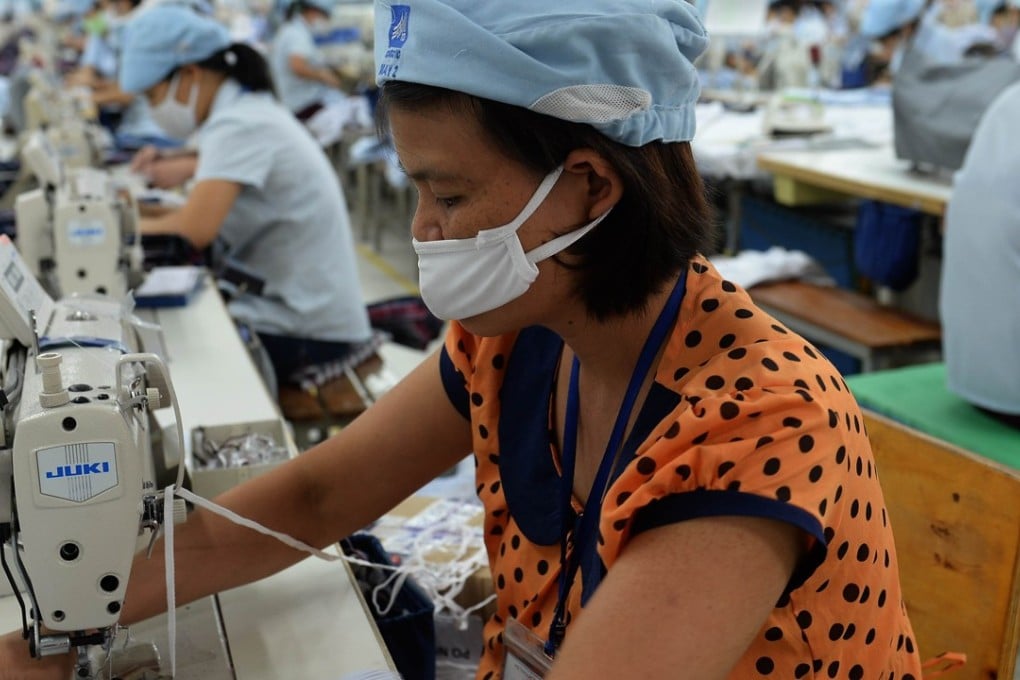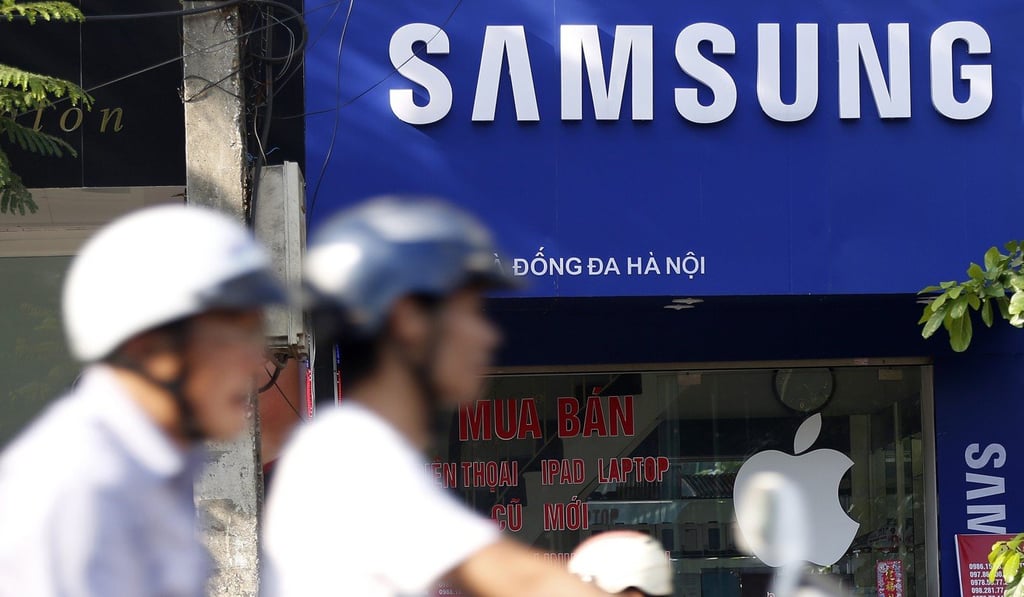FDI has pivotal role to play in Vietnam’s continued economic success story
South Korea has been the biggest investor in Vietnam with US$50.9 billion, followed by Japan (US$42.4 billion), Singapore (US$39.4 billion), Taiwan (US$32.4 billion), Hong Kong (US$17.1 billion), Malaysia (US$11.9 billion), China (US$11.1 billion), US (US$10.1 billion) and Thailand (US$7.9 billion)

Foreign direct investment (FDI), especially in export-oriented manufacturing, has driven Vietnam’s economy in the past decade, and is poised to play a greater role by bringing in capital and expertise to transform the economy from low-cost manufacturing into value-added industries.
The Foreign Investment Agency of Vietnam says registered FDI totalled US$26.8 billion in 2016, of which US$15.8 billion was used. Total FDI since records began until February this year was US$297 billion across 19 industries. Manufacturing and processing accounted for 58 per cent, real estate (22 per cent), accommodation and restaurants (4 per cent), construction (4 per cent) and electricity (4 per cent). Steam locomotives; information and media; shipping and freight; mining; and agriculture, forestry and aquaculture also featured.

Foreign investors are allowed to make capital contributions to limited liability companies (LLCs) and partnerships, and are permitted to purchase shares issued for the first time, or additional shares of joint stock companies. They may also purchase capital contributions and shares of current shareholders and members of an LLC. Once an investment in Vietnam qualifies as “foreign”, the project must obtain an investment registration certificate (IRC).
A foreign investor undertaking a merger and acquisition transaction may not be required to obtain an IRC. However, an investor is required to register their acquisition if such acquisition results in the holding of 51 per cent or more, or if the target organisation is engaged in a conditional sector for foreign investors.
The privatisation of state-owned enterprises is also expected to drive the growth of foreign investment in the future. The government restructured 591 enterprises from 2011 to 2015, equitising 499. A further 143 enterprises are expected to be equitised from 2016 to 2000.